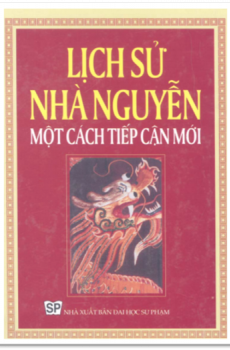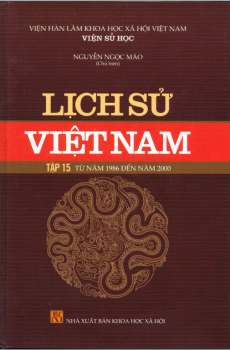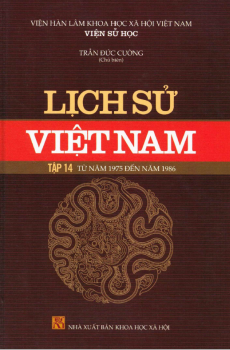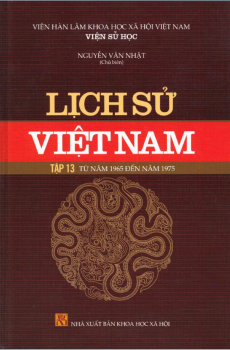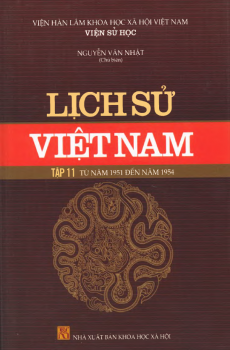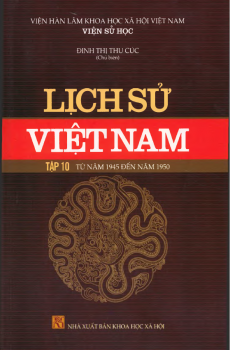Beacon Lights of History, Volume I
Beacon Lights of History, Volume I
Log in to download this book.
| Publisher | unknown |
|---|---|
| Accessible book producer | Public domain |
| Published year | 2003 |
| Coppy right | Chưa rõ |
***START OF THE PROJECT GUTENBERG EBOOK BEACON LIGHTS OF HISTORY, VOLUME I***
E-text prepared by Juliet Sutherland, Charlie Kirschner,
and the Project Gutenberg Online Distributed Proofreading Team
LORD'S LECTURES
BEACON LIGHTS OF HISTORY.
BY JOHN LORD, LL.D.,
AUTHOR OF "THE OLD ROMAN WORLD," "MODERN EUROPE," ETC., ETC.
VOLUME I.
THE OLD PAGAN CIVILIZATIONS.
To the Memory of
MARY PORTER LORD,
WHOSE FRIENDSHIP AND APPRECIATION
AS A DEVOTED WIFE
ENCOURAGED ME TO A LONG LIFE
OF HISTORICAL LABORS,
This Work
IS GRATEFULLY AND AFFECTIONATELY DEDICATED
BY THE AUTHOR.
PUBLISHERS' NOTE.
In preparing a new edition of Dr. Lord's great work, the "Beacon Lights of History," it has been necessary to make some rearrangement of lectures and volumes. Dr. Lord began with his volume on classic "Antiquity," and not until he had completed five volumes did he return to the remoter times of "Old Pagan Civilizations" (reaching back to Assyria and Egypt) and the "Jewish Heroes and Prophets." These issued, he took up again the line of great men and movements, and brought it down to modern days.
The "Old Pagan Civilizations," of course, stretch thousands of years before the Hebrews, and the volume so entitled would naturally be the first. Then follows the volume on "Jewish Heroes and Prophets," ending with St. Paul and the Christian Era. After this volume, which in any position, dealing with the unique race of the Jews, must stand by itself, we return to the brilliant picture of the Pagan centuries, in "Ancient Achievements" and "Imperial Antiquity," the latter coming down to the Fall of Rome in the fourth century A.D., which ends the era of "Antiquity" and begins the "Middle Ages."
NEW YORK, September 15, 1902.
AUTHOR'S PREFACE.
It has been my object in these Lectures to give the substance of accepted knowledge pertaining to the leading events and characters of history; and in treating such a variety of subjects, extending over a period of more than six thousand years, each of which might fill a volume, I have sought to present what is true rather than what is new.
Although most of these Lectures have been delivered, in some form, during the last forty years, in most of the cities and in many of the literary institutions of this country, I have carefully revised them within the last few years, in order to avail myself of the latest light shed on the topics and times of which they treat.
The revived and wide-spread attention given to the study of the Bible, under the stimulus of recent Oriental travels and investigations, not only as a volume of religious guidance, but as an authentic record of most interesting and important events, has encouraged me to include a series of Lectures on some of the remarkable men identified with Jewish history.
Of course I have not aimed at an exhaustive criticism in these Biblical studies, since the topics cannot be exhausted even by the most learned scholars; but I have sought to interest intelligent Christians by a continuous narrative, interweaving with it the latest accessible knowledge bearing on the main subjects. If I have persisted in adhering to the truths that have been generally accepted for nearly two thousand years, I have not disregarded the light which has been recently shed on important points by the great critics of the progressive schools.
I have not aimed to be exhaustive, or to give minute criticism on comparatively unimportant points; but the passions and interests which have agitated nations, the ideas which great men have declared, and the institutions which have grown out of them, have not, I trust, been uncandidly described, nor deductions from them illogically made.
Inasmuch as the interest in the development of those great ideas and movements which we call Civilization centres in no slight degree in the men who were identified with them, I have endeavored to give a faithful picture of their lives in connection with the eras and institutions which they represent, whether they were philosophers, ecclesiastics, or men of action.
And that we may not lose sight of the precious boons which illustrious benefactors have been instrumental in bestowing upon mankind, it has been my chief object to present their services, whatever may have been their defects; since it is for services that most great men are ultimately judged, especially kings and rulers. These services, certainly, constitute the gist of history, and it is these which I have aspired to show.
JOHN LORD.
VOL. I.
THE OLD PAGAN CIVILIZATIONS.
CONTENTS.
ANCIENT RELIGIONS:
EGYPTIAN, ASSYRIAN, BABYLONIAN, AND PERSIAN.
Ancient religions
Christianity not progressive
Jewish monotheism
Religion of Egypt
Its great antiquity
Its essential features
Complexity of Egyptian polytheism
Egyptian deities
The worship of the sun
The priestly caste of Egypt
Power of the priests
Future rewards and punishments
Morals of the Egyptians
Functions of the priests
Egyptian ritual of worship
Transmigration of souls
Animal worship
Effect of Egyptian polytheism on the Jews
Assyrian deities
Phoenician deities
Worship of the sun
Oblations and sacrifices
Idolatry the sequence of polytheism
Religion of the Persians
Character of the early Iranians
Comparative purity of the Persian religion
Zoroaster
Magism
Zend-Avesta
Dualism
Authorities
RELIGIONS OF INDIA.
BRAHMANISM AND BUDDHISM.
Religions of India
Antiquity of Brahmanism
Sanskrit literature
The Aryan races
Original religion of the Aryans
Aryan migrations
The Vedas
Ancient deities of India
Laws of Menu
Hindu pantheism
Corruption of Brahmanism
The Brahmanical caste
Character of the Brahmans
Rise of Buddhism
Gautama
Experiences of Gautama
Travels of Buddha
His religious system
Spread of his doctrine
Buddhism a reaction against Brahmanism
Nirvana
Gloominess of Buddhism
Buddhism as a reform of morals
Sayings of Siddârtha
His rules
Failure of Buddhism in India
Authorities
RELIGION OF THE GREEKS AND ROMANS.
CLASSIC MYTHOLOGY.
Religion of the Greeks and Romans
Greek myths
Greek priests
Greek divinities
Greek polytheism
Greek mythology
Adoption of Oriental fables
Greek deities the creation of poets
Peculiarities of the Greek gods
The Olympian deities
The minor deities
The Greeks indifferent to a future state
Augustine view of heathen deities
Artists vie with poets in conceptions of divine
Temple of Zeus in Olympia
Greek festivals
No sacred books among the Greeks
A religion without deities
Roman divinities
Peculiarities of Roman worship
Ritualism and hypocrisy
Character of the Roman
Authorities
CONFUCIUS.
SAGE AND MORALIST.
Early condition of China
Youth of Confucius
His public life
His reforms
His fame
His wanderings
His old age
His writings
His philosophy
His definition of a superior man
His ethics
His views of government
His veneration for antiquity
His beautiful character
His encouragement of learning
His character as statesman
His exaltation of filial piety
His exaltation of friendship
The supremacy of the State
Necessity of good men in office
Peaceful policy of Confucius
Veneration for his writings
His posthumous influence
Lao-tse
Authorities
ANCIENT PHILOSOPHY.
SEEKING AFTER TRUTH.
Intellectual superiority of the Greeks
Early progress of philosophy
The Greek philosophy
The Ionian Sophoi
Thales and his principles
Anaximenes
Diogenes of Apollonia
Heraclitus of Ephesus
Anaxagoras
Anaximander
Pythagoras and his school
Xenophanes
Zeno of Elea
Empedocles and the Eleatics
Loftiness of the Greek philosopher
Progress of scepticism
The Sophists
Socrates
His exposure of error
Socrates as moralist
The method of Socrates
His services to philosophy
His disciples
Plato
Ideas of Plato
Archer Butler on Plato
Aristotle
His services
The syllogism
The Epicureans
Sir James Mackintosh on Epicurus
The Stoics
Zeno
Principles of the Stoical philosophy
Philosophy among the Romans
Cicero
Epictetus
Authorities



